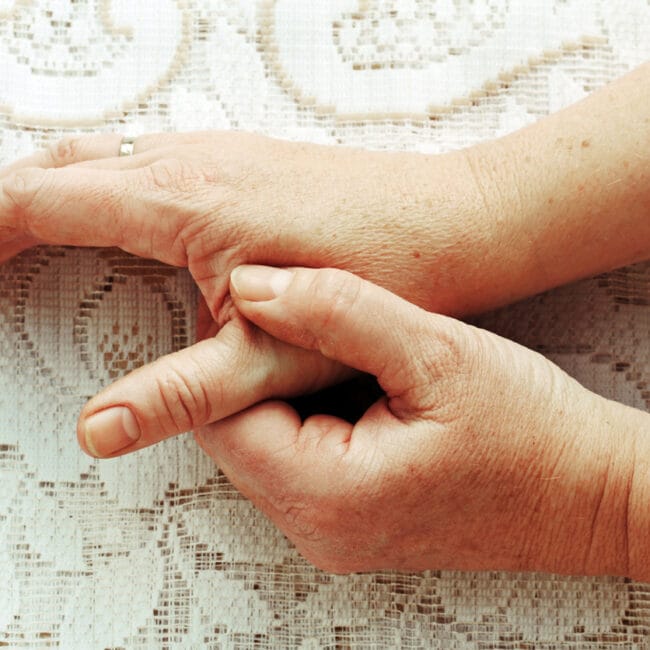Eventually you’ll become a masters runner, or not be a runner at all. Our physio Neil Harris looks at how to stay injury free as you get older.
The ageing runner
The 2019 Dublin Marathon marks the 40th anniversary of the event. An incredible 13 runners have completed every one since it began, with Frank Behan being the oldest at 79 years of age.
For those of you who are over 35, like Frank, you’re already classed as a Masters runner! Makes me feel old for sure. While we’d all do amazingly well to match the dedication and commitment of those 13 runners above, running as you get older has many health benefits. It makes your bones stronger, helps maintain a healthy weight but also slows the age-related decline in aerobic function and muscular strength – which can will help you feel fitter and more active.
The tortoise and the hare
My days of haring around at speed are definitely a distant memory. It happens to us all – it’s part of the natural ageing process. Our ability to push off with our calf muscles declines about 31% between 20 and 60 years of age. So, it’s no surprise that as we age, we can start to pick up a few more niggles, particularly around the calf muscles and the Achilles tendon. And if your calf muscles are struggling to cope, extra strain is placed on the muscles above your knee and around your hip.
How to age and run well!
Adding in some resistance training, just two sessions a week, can reduce injury risk. Exercises like dead lifts, squats, lunges and calf raises are perfect and can easily be adapted to be done at home. Two to four sets of slow, heavy weights, where you’re able to do between 4 to 10 repetitions is ideal. Be sure to give yourself 2-3 minutes of rest between sets.
Not only can this help reduce your risk of injury, but it can make you a better, faster runner. One study showed just 6 weeks of this resistance training improved times for one group of runners by about 4%. That’s knocking about 2 minutes of a 50-minute 10k!
And to finish with some inspiration
Fauja Singh, holds the marathon record for those over the age of 90, running a phenomenal 5 hours 40 minutes for the 2003 Toronto Marathon at the age of 92. He came back to Toronto 8 years later in 2011 and became the first person ever to finish a marathon at the ripe old age of 100.
So, age doesn’t have to be a barrier. Keep on running!
Click/Tap For References ↓
The effects of sport-specific maximal strength and conditioning training on critical velocity, anaerobic running distance, and 5-km race performance. Bettina et al., 2016. International journal of sports physiology and performance, vol 11 (1) pages 80-85.
The physiology and biomechanics of the master runner. Willy and Paquette, 2019. Sports medicine and arthroscopy review, vol 27 (1) pages 15-21.










